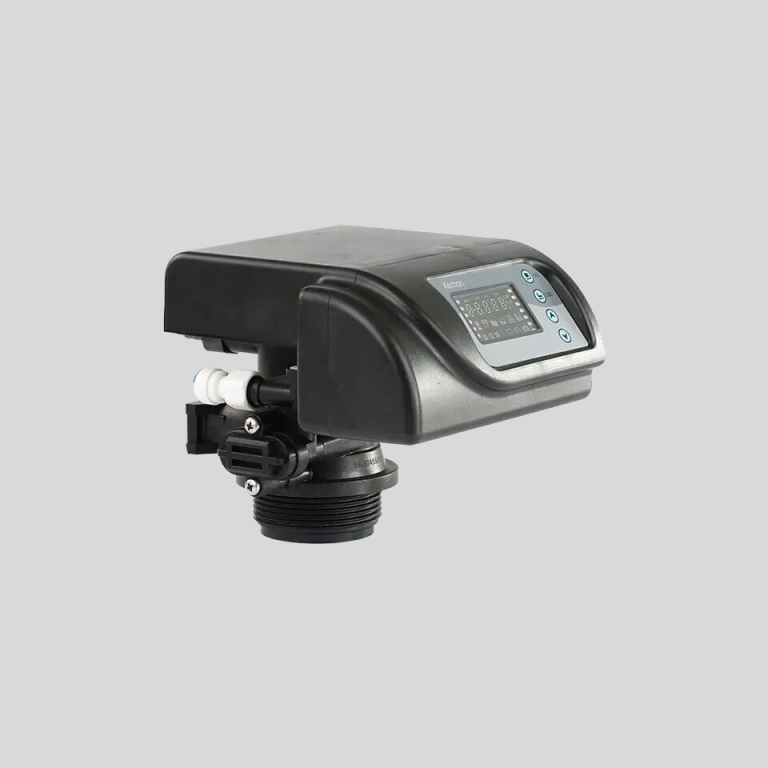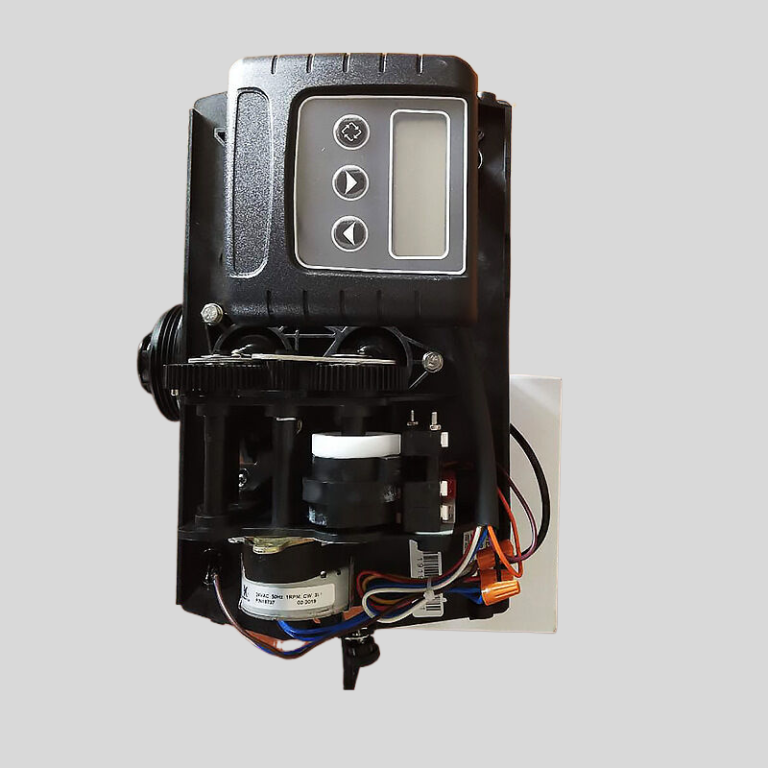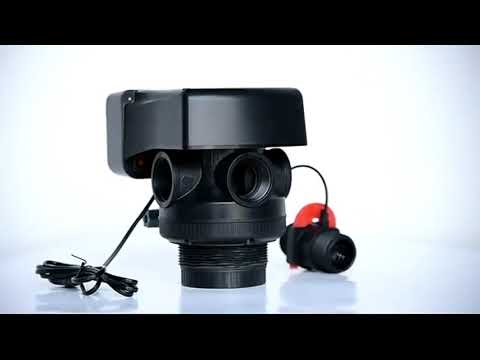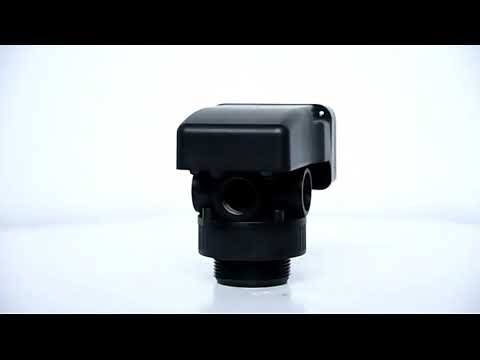Table of Contents
Benefits of Using Meter Controlled Water Softeners
Water softeners are a popular solution for homeowners looking to improve the quality of their water. One type of water softener that has gained popularity in recent years is the meter-controlled water softener. These systems are designed to regenerate based on actual water usage, rather than on a set schedule like traditional water softeners. In this article, we will explore the benefits of using meter-controlled water softeners.
One of the main advantages of meter-controlled water softeners is their efficiency. By regenerating based on actual water usage, these systems are able to conserve salt and water, resulting in cost savings for the homeowner. Traditional water softeners regenerate on a set schedule, regardless of how much water has been used. This can lead to unnecessary regeneration cycles and wasted resources. Meter-controlled water softeners, on the other hand, only regenerate when needed, making them a more environmentally friendly option.
Another benefit of meter-controlled water softeners is their convenience. These systems are fully automated, meaning that homeowners do not have to worry about manually adjusting regeneration settings or monitoring salt levels. Once the system is installed, it will automatically regenerate based on water usage, taking the guesswork out of maintaining soft water. This can save homeowners time and hassle, as they can trust that their water softener is always working efficiently.
Meter-controlled water softeners also offer improved water quality. By regenerating based on actual water usage, these systems are able to remove more hardness minerals from the water, resulting in softer and cleaner water. This can lead to a variety of benefits, including reduced soap scum, brighter laundry, and longer-lasting appliances. Additionally, softer water is gentler on skin and hair, making it a more comfortable option for daily use.
Overall, meter-controlled water softeners offer a range of benefits for homeowners looking to improve the quality of their water. From increased efficiency and convenience to improved water quality, these systems provide a reliable and effective solution for softening water. By regenerating based on actual water usage, meter-controlled water softeners are able to conserve resources, provide consistent water softness, and offer a more convenient option for homeowners. If you are considering investing in a water softener, a meter-controlled system may be the right choice for you.
How Meter Controlled Water Softeners Work
Meter controlled water softeners are a popular choice for homeowners looking to improve the quality of their water. These systems use a meter to measure the amount of water being used in the home, allowing them to regenerate only when necessary. This can help to save on salt and water usage, making them a more efficient and cost-effective option for many households.
One of the key components of a meter controlled water softener is the meter itself. This device is typically installed on the main water line entering the home and measures the flow of water through the system. When the meter detects that a certain amount of water has been used, it triggers the regeneration process in the water softener.
The regeneration process is when the water softener cleans and recharges the resin beads that remove hardness minerals from the water. This process typically involves flushing the resin bed with a brine solution to remove the accumulated minerals and restore the softening capacity of the system. By using a meter to trigger regeneration, the water softener can regenerate only when necessary, saving on salt and water usage.
| Economical GL-2 | |||
| Model | GL2-2 Meter/ LCD | GL4-2 Meter/ LCD | GL10-2\u00a0 Meter/ LCD |
| Output Max | 4T/H | 7T/H | 15T/H |
Meter controlled water softeners are also able to adjust their regeneration frequency based on water usage patterns. For example, if a household has guests staying over and is using more water than usual, the system can increase the frequency of regeneration to keep up with the demand. This flexibility allows the system to adapt to changing water usage patterns and ensure that the water remains soft and free of hardness minerals.
In addition to being more efficient, meter controlled water softeners are also easier to use. Once the system is installed and programmed, homeowners can simply set it and forget it. The system will automatically regenerate when needed, without the need for manual intervention. This can save homeowners time and hassle, as they don’t have to worry about monitoring the system or adjusting settings.
Another benefit of meter controlled water softeners is that they can help to extend the life of appliances and plumbing fixtures. Hard water can cause mineral buildup in pipes, faucets, and appliances, leading to reduced efficiency and potentially costly repairs. By removing hardness minerals from the water, water softeners can help to prevent this buildup and prolong the life of household appliances.
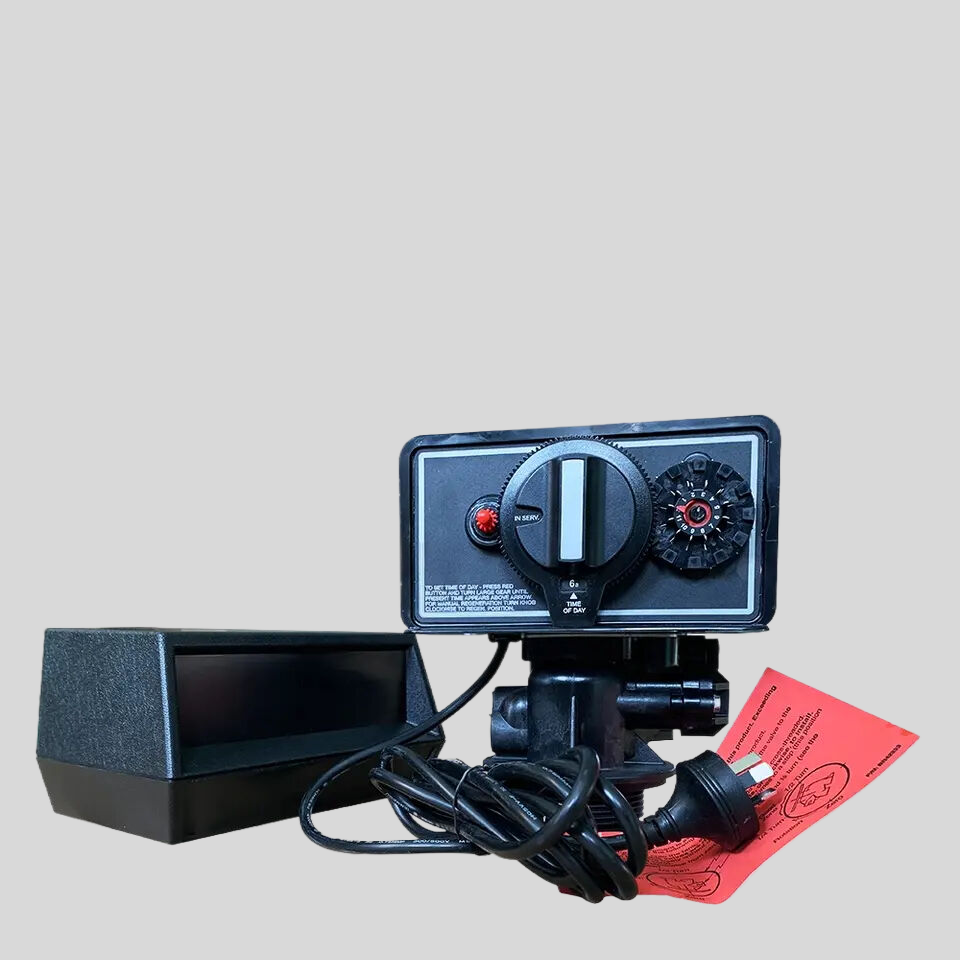
Overall, meter controlled water softeners offer a number of benefits for homeowners looking to improve the quality of their water. These systems are efficient, cost-effective, and easy to use, making them a popular choice for many households. By using a meter to measure water usage and trigger regeneration, these systems can save on salt and water usage while ensuring that the water remains soft and free of hardness minerals. Additionally, meter controlled water softeners can help to extend the life of appliances and plumbing fixtures, making them a valuable investment for any home.

